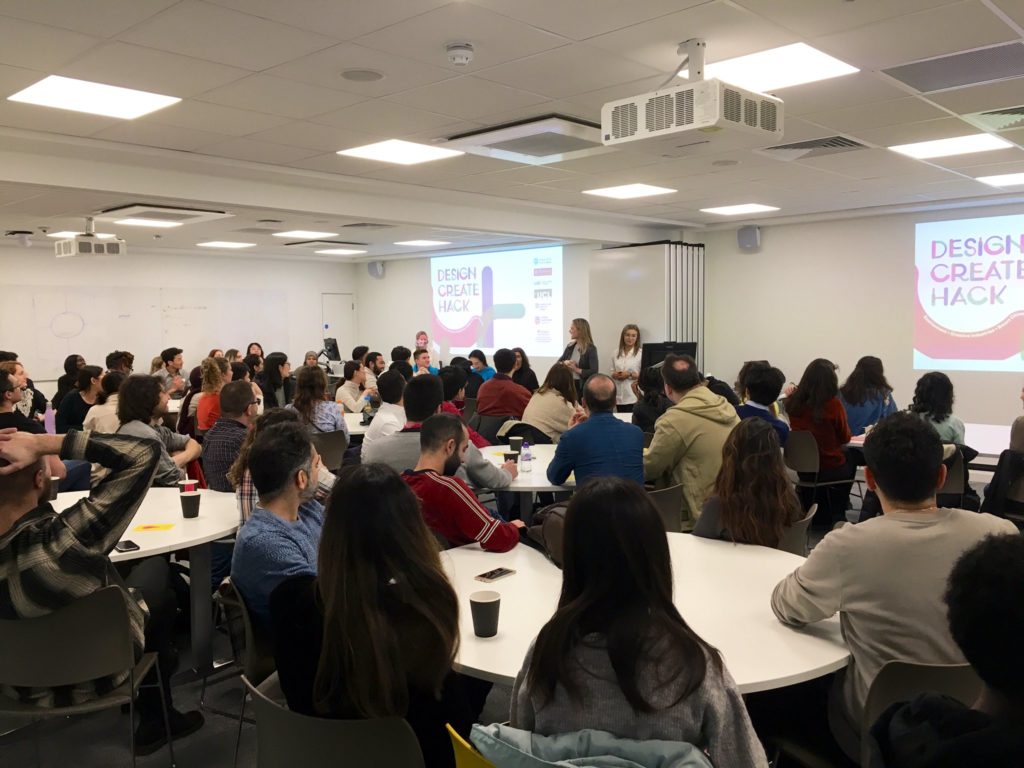Dr Maurizio Catulli, Senior Lecturer at the University of Hertfordshire shared insights into women’s use and perceptions of Shared Mobility as a Service in our latest Responsible Business Centre seminar.
On Friday 25 March, Birkbeck’s Responsible Business Centre was delighted to welcome Dr Maurizio Catulli, Senior Lecturer at the University of Hertfordshire to present research into gender inclusivity in shared mobility. Maurizio’s presentation shared results from a preliminary study which has been awarded a British Academy Grant.
The seminar was chaired by Dr Ioanna Boulouta, Director of Birkbeck’s Responsible Business Centre.
What is Mobility as a Service?
Personal mobility is essential for the functioning of society, whether for commuting to work, visiting family and friends, or transporting goods and services. Often, these activities are combined in a chain of trips.
Currently, personal mobility relies heavily on private cars. According to the Department for Transport, 83% of total passenger distance travelled in the UK is done by car.
Maurizio highlighted that cars are efficient in terms of journey time and enable users to be more spontaneous. Ownership of private cars is also associated with safety and a sense of belonging. However, cars are also the mode of transport with the greatest impact on the environment, accounting for a fifth of all UK emissions.
Various solutions have been proposed to minimise dependency on cars, such as greater use of public transport or shared cars, bicycles and scooters. Mobility as a Service (MaaS) looks to make shared mobility options more appealing to users by providing a one-stop platform to book multiple forms of transport in one place, including shared vehicles, and to see journeys with multiple steps as a coherent whole.
Maurizio commented that the diffusion of MaaS has not been very successful, but it has the potential to reduce the environmental impact of personal mobility. MaaS delivers environmental benefits by encouraging walking and cycling and reducing single occupancy of vehicles.
Mobility as a Service and Inclusivity
Maurizio reflected that women are at a disadvantage compared to men in terms of mobility as they have less access to private cars and fewer women hold a driving license. Research shows that women are more likely to embrace sustainable consumption than men, so they could be enthusiastic users of MaaS. However, Maas – like other forms of shared mobility – worsens gender injustice due to safety concerns for women. According to research by Gekoski et al. (2017), 15% of women report sexual harassment by men when using shared transport.
Bearing a disproportionate amount of childcare and household responsibilities, women are also at a disadvantage in using shared mobility as they need to carry infants with prams and car seats or carry shopping. Women tend to cycle and use buses more than men, but are less likely to car share or use e-scooters.
The research so far
Drawing on transport practice theory and consumer culture theory, Maurizio’s research addresses three key questions:
- How can shared mobility through offerings such as Mobility as a Service fit into women’s personal transport practices?
- What factors shape women’s choice for its adoption?
- How can shared mobility offerings such as Mobility as a Service be made safer and more inclusive of women?
The preliminary study was based on nineteen qualitative interviews with a mix of providers, academic experts and users.
Policymakers interviewed commented that the problem of safety, privacy and general awkwardness of sharing vehicles does not affect women alone. This group was not specifically concerned about women’s safety, but highlighted COVID-19 as a risk.
In contrast, female participants shared concerns about sharing vehicles with unknown people and receiving unwanted attention from men. The shifts between mobility modes, for example getting out of a car and onto a bicycle, were perceived as vulnerable moments, especially when services such as buses or trains are delayed. Participants were also wary of autonomous vehicles and the possibility of encountering an unknown person inside.
A possible solution would be to allow background checks on users of MaaS apps and to allow tracking so friends could check in on each other when traveling home. MaaS could also inform users about the safety of different areas, as Google Maps does by offering a safer route home.
Maurizio noted that a sense of community can support users to feel safe. For example, sharing vehicles within a smaller area, or between apartments within a building, fosters trust. Maurizio is open to collaborators and prospective PhD students who would like to explore this research further.



